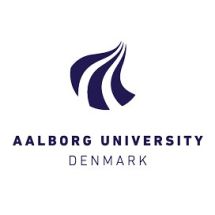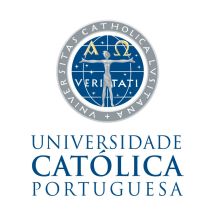
 |
 |
 |
 |
 |
|
Development and proliferation of antibiotic resistance are classified among major global threats by the World Health Organization. Sanitation of the water cycle is essential to sustain environmental and human health. Within urban water systems, public and governmental perception is rising on the role of wastewater treatment plants (WWTPs) and their microbiomes as putative hotspots for the proliferation of antibiotic resistance, and the need for new quality criteria and installation upgrades.
However, because of methodological biases, our knowledge remains limited on the emission, fate and possible amplification or removal of antibiotic-resistant bacteria (ARB) and antibiotic resistance genes (ARGs) across WWTPs. There is an urgent need to develop standardized methods and database for the accurate identification, characterization, and quantification of antibiotic resistance in such complex water matrices.
REPARES brings excellence in research on spread of antibiotic resistance in WWTPs through establishing cooperation of UCT with leading European innovators and internationally-renowned expert of the water-related antibiotic resistance field: UCP will share its expert leadership in wastewater-mediated antibiotic resistance; TUDelft will deliver methods to successfully apply for international projects; Wetsus will propel cooperation with the non-academic sector; AAU will integrate the REPARES database within the world-accepted MiDAS database.
Goal
REPARES aims at advancing the European community‘s know-how on antibiotic resistance across sanitation waterways, which in the future will bring society to closer achieve Sustainable Development Goal of the United Nations. REPARES will act as an essential vector to disseminate information on antimicrobial resistance spread within European WWTPs beyond science and technology in order to reach the non-academic community by means of open events, popularization publications, and operation of the REPARES web platform
Duration
1 October 2019 - 30 September 2022
The relevance of research on antibiotic resistance
- Antibiotics are one of the common contaminants in wastewater.
- The increased bacterial antibiotic resistance is the result of the spread of antibiotic-resistant bacteria and the transfer of resistance genes.
- Antibiotic resistance can be acquired through random genes mutations and/or by horizontal gene transfer.
- The World Health Organization qualified antibiotic resistance development to the major global threats to society.

